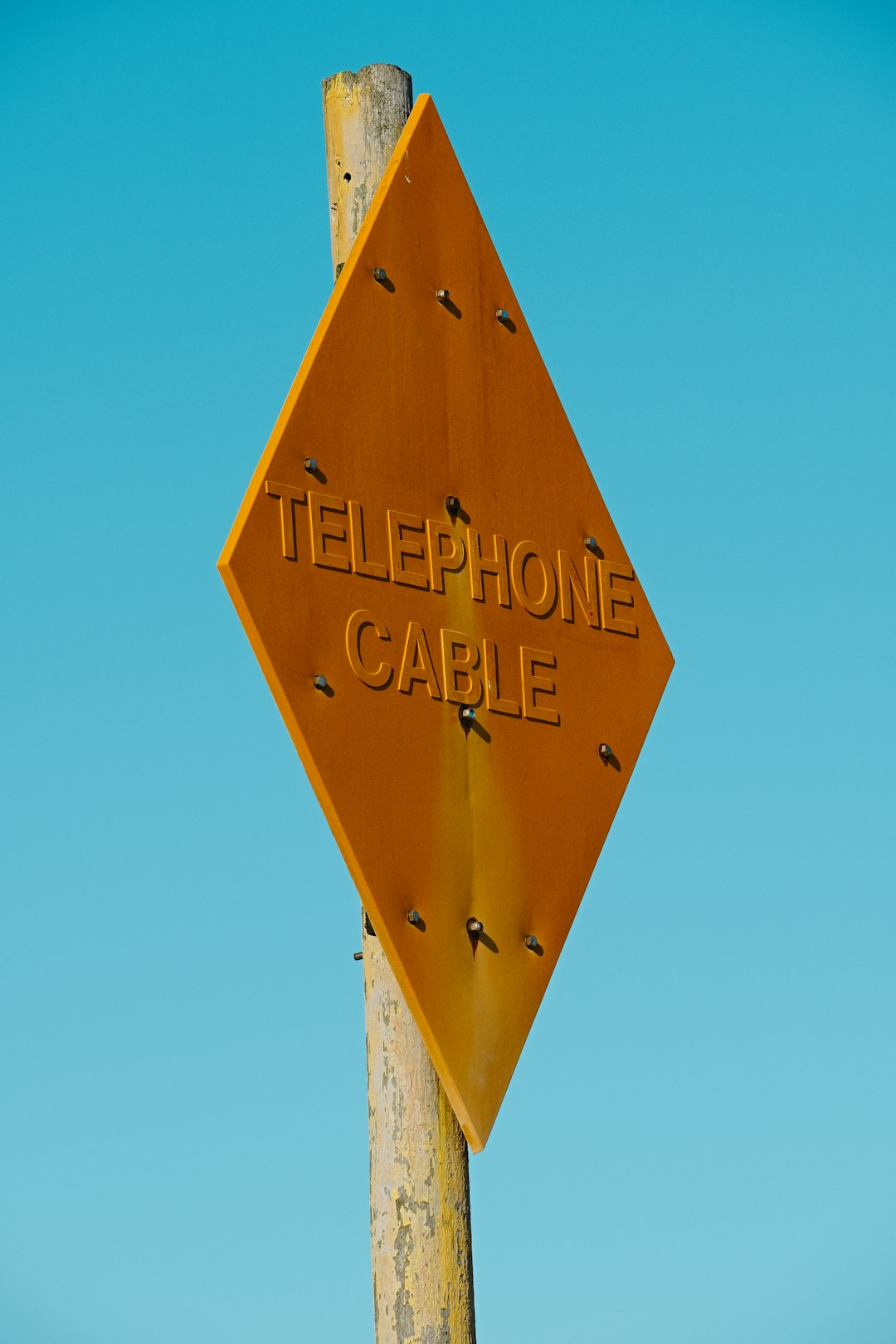Texas, particularly Houston and Austin, has strict data privacy laws like the Texas Privacy Act, which limits businesses' collection and use of personal info, including phone numbers. These laws empower consumers to remove their details from telemarketing lists and require companies to honor these requests. To stop spam calls in Houston, businesses should obtain explicit consent, respect local time zones, provide clear disclosures, offer easy opt-out mechanisms, and register on Do Not Call lists. Individuals can also use call blocking and filtering technologies and educate family/employees about safe telemarketing practices.
In Texas, including the vibrant city of Austin, data privacy laws significantly shape telemarketing practices. With a focus on consumer protection, these regulations aim to curb excessive and unwanted calls, commonly known as spam. This article delves into the intricacies of data privacy laws in Texas, specifically examining the telemarketing landscape in Austin. We’ll explore key strategies to prevent spam calls effectively, offering valuable insights for both businesses and residents looking to protect their peace of mind in Houston.
Understanding Data Privacy Laws in Texas

Texas, like many states, has implemented data privacy laws to protect its residents from unsolicited and invasive telemarketing practices. The Texas Business and Commerce Code outlines strict guidelines for businesses engaging in telemarketing activities within the state, particularly focusing on consumer consent and do-not-call lists. Understanding these laws is crucial for companies aiming to avoid legal repercussions and unwanted spam calls in Houston.
One key aspect of data privacy in Texas is the implementation of the Texas Privacy Act, which restricts how businesses can collect, use, and disclose personal information. This includes telephone numbers, which are considered sensitive data. Consumers have the right to request their information be removed from telemarketing lists, and companies must honor these requests. By adhering to these laws, businesses can ensure they’re not only compliant but also fostering trust with their customers, thereby reducing spam calls in Houston and beyond.
Telemarketing Regulations in Austin: Key Points

In the vibrant city of Austin, Texas, telemarketing practices are subject to stringent regulations designed to protect residents from unwanted and intrusive sales calls. The Austin City Code outlines clear guidelines for businesses engaging in telemarketing activities within the city limits. Key points include obtaining explicit consent from recipients before making any sales calls, respecting local time zones by not calling during unusual hours (such as before 8 a.m. or after 9 p.m.), and providing an easy opt-out mechanism for individuals who wish to cease receiving calls.
Additionally, Austin’s regulations emphasize transparency in marketing practices, mandating that businesses clearly identify themselves and the purpose of the call. This includes disclosing any use of automated dialing systems or prerecorded messages. Businesses found in violation of these rules may face penalties, highlighting the city’s commitment to preserving peace of mind for its citizens and offering practical steps on how to stop spam calls Houston residents might receive from telemarketers.
Strategies to Prevent Spam Calls Effectively

To effectively prevent spam calls, particularly in areas like Houston and Austin where telemarketing is prevalent, individuals and businesses must employ robust strategies. One key approach is to register on Do Not Call lists maintained by both state and federal authorities. This ensures that legitimate numbers are respected and unwanted calls are significantly reduced.
Additionally, using call blocking and filtering technologies can be highly effective. Many modern phone systems come equipped with features to automatically block known spam callers. Individuals can also download specialized apps designed to identify and block these types of calls. Educating family members and employees about safe telemarketing practices, such as not providing personal information over the phone unless they initiate the call, further strengthens defenses against spam.






